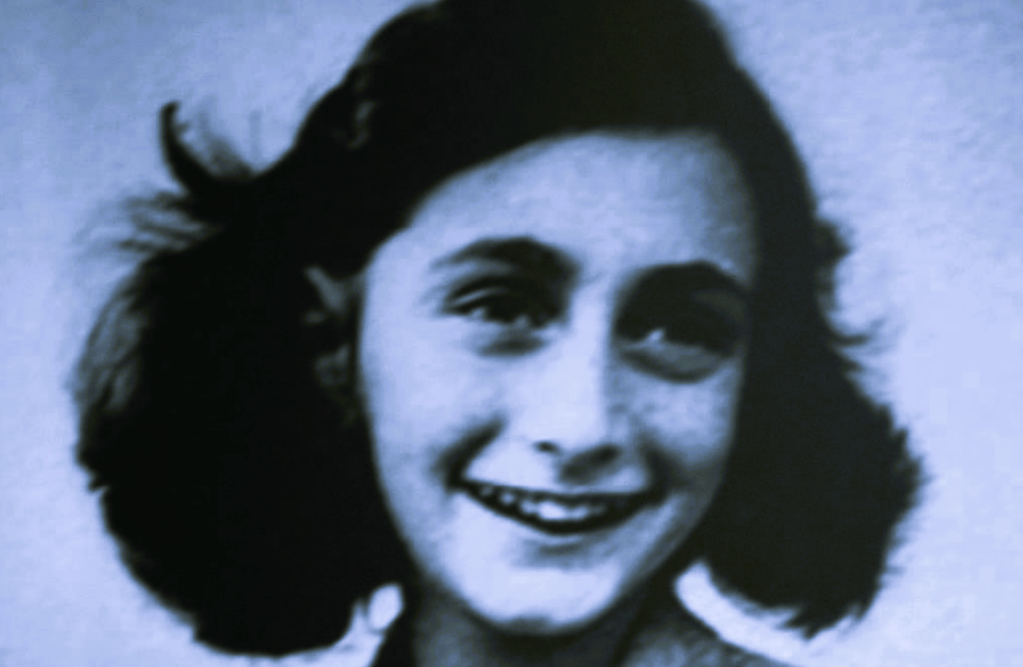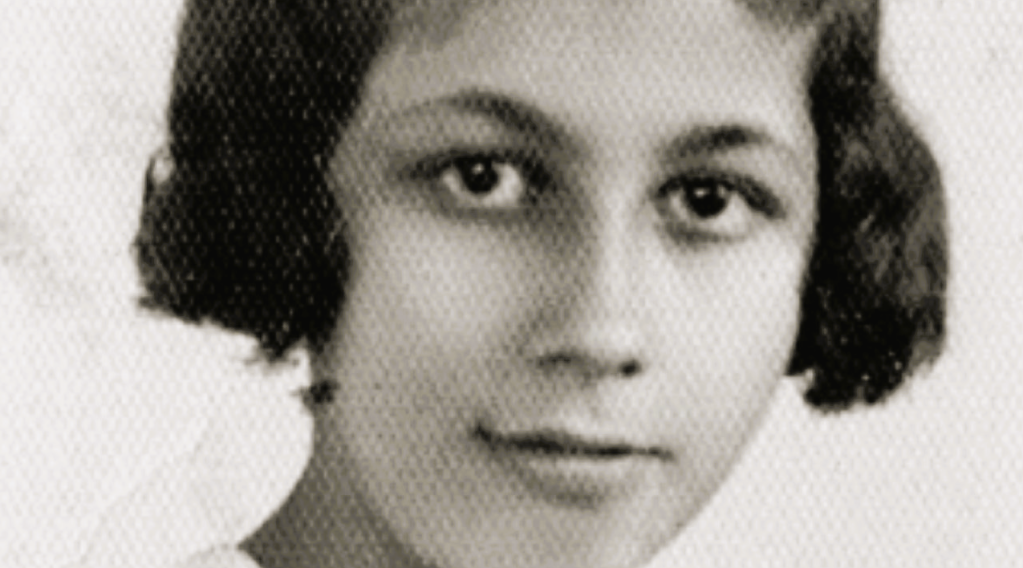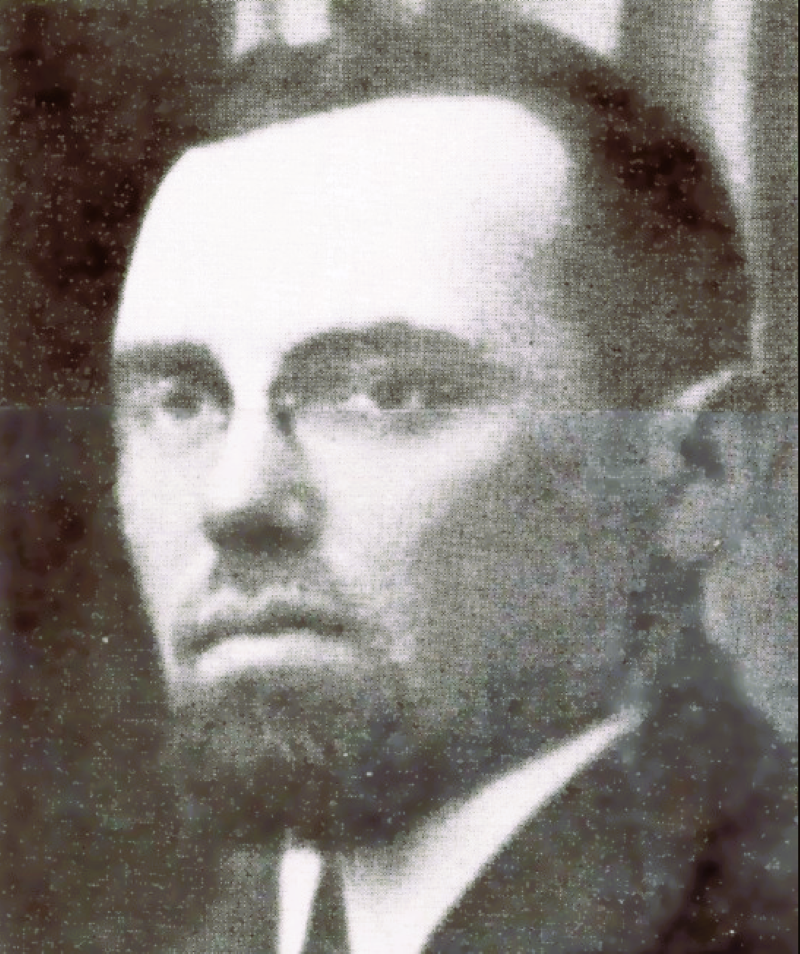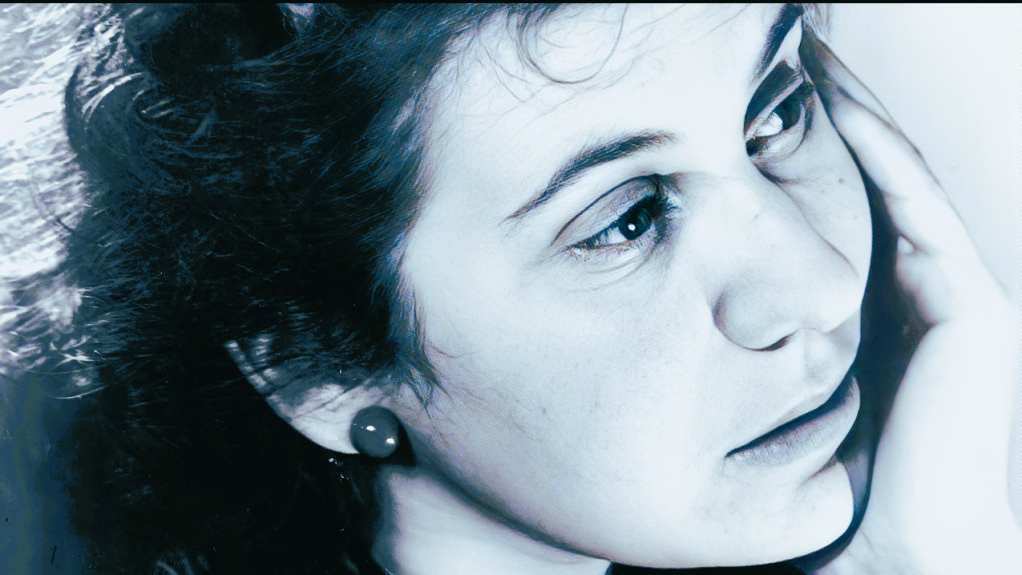
The title is an excerpt from the diary of Etty Hillesum. Following are a few excerpts of several Holocaust diaries. What I find striking—is that despite the horrors, they still had a glimmer of hope.
Anne Frank
June 12, 1942: “I hope I will be able to confide everything to you, as I have never been able to confide in anyone, and I hope you will be a great source of comfort and support.”
July 15, 1944: “It’s really a wonder that I haven’t dropped all my ideals, because they seem so absurd and impossible to carry out. Yet I keep them, because in spite of everything, I still believe that people are really good at heart.”
December 24, 1943: “What is done cannot be undone, but one can prevent it happening again.”
February 23, 1944: “I’ve found that there is always some beauty left — in nature, sunshine, freedom, in yourself; these can all help you.”
March 29, 1944: “It’s difficult in times like these: ideals, dreams and cherished hopes rise within us, only to be crushed by grim reality. It’s a wonder I haven’t abandoned all my ideals, they seem so absurd and impractical. Yet I cling to them because I still believe, in spite of everything, that people are truly good at heart.”
Anne Frank was born on June 12, 1929, in Frankfurt, Germany, and died in 1945 at Bergen-Belsen Concentration Camp.

Rutka Laskier
February 5, 1943: “I cannot grasp that it is already 1943, four years since this hell began.”
February 20, 1943: “I have a feeling that I am writing for the last time. There is an Aktion [a Nazi operation] in town. I’m not allowed to go out, nobody is allowed to. The town has been cut off. Telephone connections have been cut off too. Jews are being taken out of their homes. There are constant shootings.”
April 24, 1943: “Today I’m worried. When will this misfortune end? It’s not a life, I am existing. Father is worried, because people have been taken away in Przemysl. Maniu [Rutka’s sister] wants to go to Israel. Mother wants to escape to Hungary.”
April 25, 1943: “I felt the air was again charged with unease, with horror. The sun was setting, and the silence so great that I thought I would hear my own heartbeats. Then shots rang out, a lot of shots, a hundred, no, thousands, each one echoing back from the woods, from the hills, from the distant city.”
Ruth Rutka was born on June 12, 1929, in Krakow, Poland, and died in 1943 at Auschwitz Concentration Camp.

Chaim Kaplan
October 16, 1939: “A week has passed since the curse of war first descended upon us, and what a week! What suffering! What agony! Warsaw, the city of the wise, has become a city of despair, of darkness, of hunger, and of plague. […] We find ourselves in a dark tunnel without light, and we are swallowed up in darkness.”
December 7, 1940: “Life in the ghetto is intolerable. With the passage of each day, the people grow weaker and weaker. The little food we have is hardly enough to sustain us. The streets are filled with the sick and the dying. Death has become our constant companion.”
February 16, 1941: “The Germans continue to tighten their grip on the ghetto. The walls grow higher, the restrictions more severe. We are prisoners in our own city, condemned to a life of suffering and humiliation. Yet, despite it all, the spirit of the people remains unbroken. We refuse to surrender to despair.”
June 1, 1942: “The deportations have begun. Every day, trains filled with Jews leave the ghetto, bound for unknown destinations. We know not where they go, only that they never return. The streets are filled with tears, with cries of anguish. Yet, even in the face of such unspeakable horror, we must find the strength to carry on.”
April 19, 1943 (during the Warsaw Ghetto Uprising): “The ghetto is in flames, the streets filled with the sound of gunfire. The brave fighters of the Jewish resistance are battling the Germans, refusing to surrender to tyranny and oppression. Though the odds are against us, we will not go quietly into the night. We will fight until our last breath, until freedom is ours once more.”
Chaim Kaplan was born on September 19, 1880, in Horoyszcze, Poland, and died at Treblinka Concentration Camp in Poland in 1942.

Etty Hillesum
Etty Hillesum was a young Jewish woman living in Amsterdam during the Holocaust, and her diary provides a remarkable and introspective account of her spiritual and emotional journey during that time. Here are some excerpts from her diary:
July 20, 1942: “We should be willing to act as a balm for all wounds. Sometimes a single warm word is enough to heal an open sore.”
August 18, 1941: “In the end, love is stronger than hate and death. It is as strange and mysterious as life itself. It is the force that holds the universe together.”
November 29, 1942: “Sometimes I feel as if I am carrying the weight of the world on my shoulders. But then I remember that I am only human, and that I can only do what I can. The rest is in the hands of fate.”
March 15, 1943: “I have made a decision to embrace life fully, no matter what the circumstances. Even in the darkest moments, there is still beauty to be found, still joy to be experienced. I will not let the darkness consume me.”
September 3, 1943: “I am learning to find peace within myself, to accept the things I cannot change, and to find strength in the face of adversity. It is a difficult journey, but one that I am determined to take.”
Etty Hillesum was born in Middleburg, Netherlands on January 15, 1914. She died on November 30, 1943 in Oświęcim, Poland.
Sources
https://www.annefrank.org/en/anne-frank/who-was-anne-frank
https://www.jewishvirtuallibrary.org/kaplan-chaim-aron
https://www.holocausthistoricalsociety.org.uk/contents/jewishaccounts/chaimkaplandiary.html
https://jwa.org/encyclopedia/article/hillesum-etty

Donation
I am passionate about my site and I know you all like reading my blogs. I have been doing this at no cost and will continue to do so. All I ask is for a voluntary donation of $2, however if you are not in a position to do so I can fully understand, maybe next time then. Thank you. To donate click on the credit/debit card icon of the card you will use. If you want to donate more then $2 just add a higher number in the box left from the PayPal link. Many thanks.
$2.00







You must be logged in to post a comment.